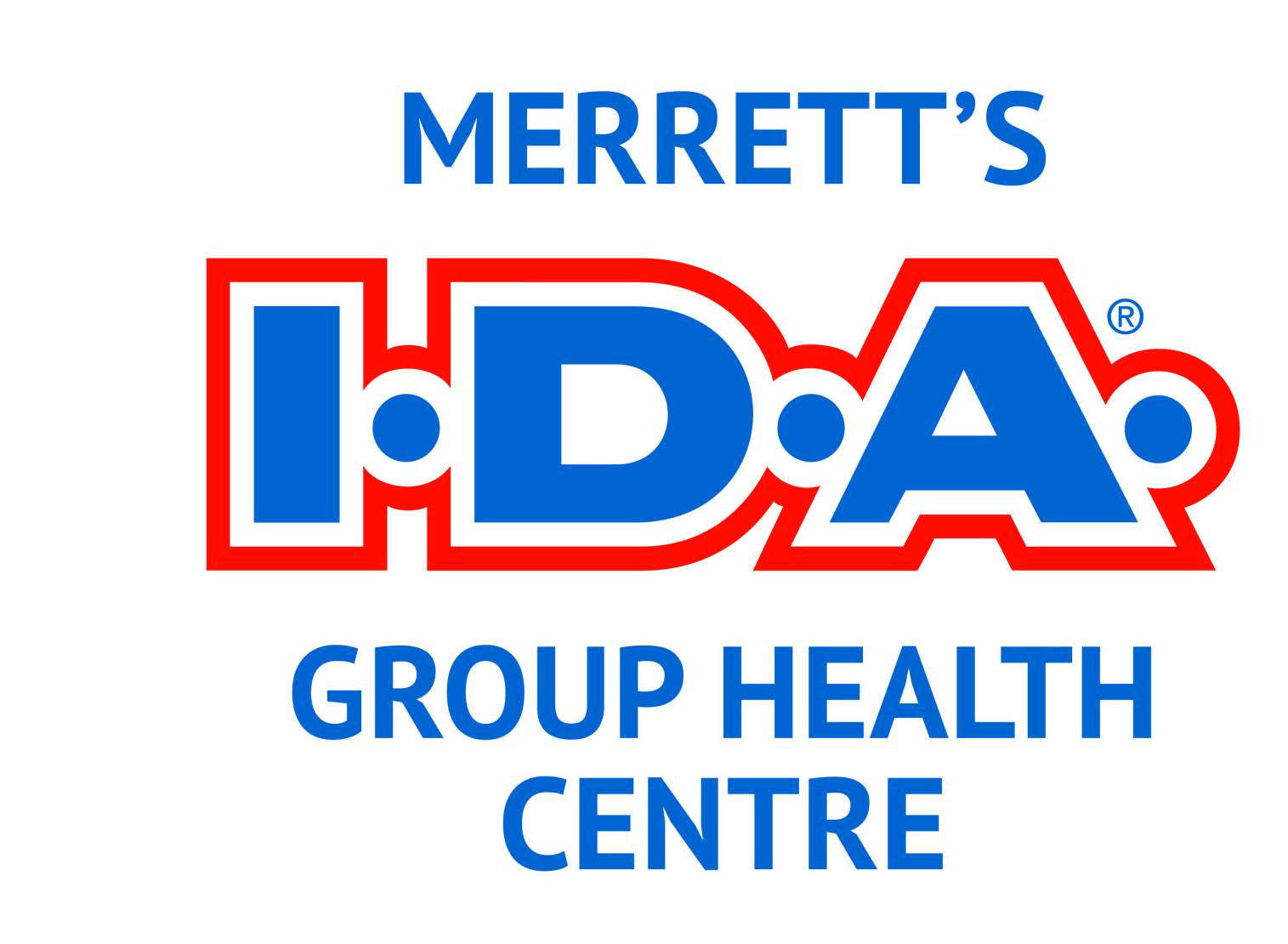Anti-Anxiety Medication
TREATING ANXIETY EFFECTIVELY
It’s perfectly normal for your heart rate to quicken before an important meeting. Being completely paralyzed by anxiety and incapable of attending that meeting is not. Anxiety disorder refers to an anxiety level that is disproportionate to the situation, that doesn’t go away even when the situation returns to normal, and that causes such a high degree of distress that the person has trouble functioning normally.
If you suffer from anxiety disorder, your pharmacist can help you get the most out of your treatment.
